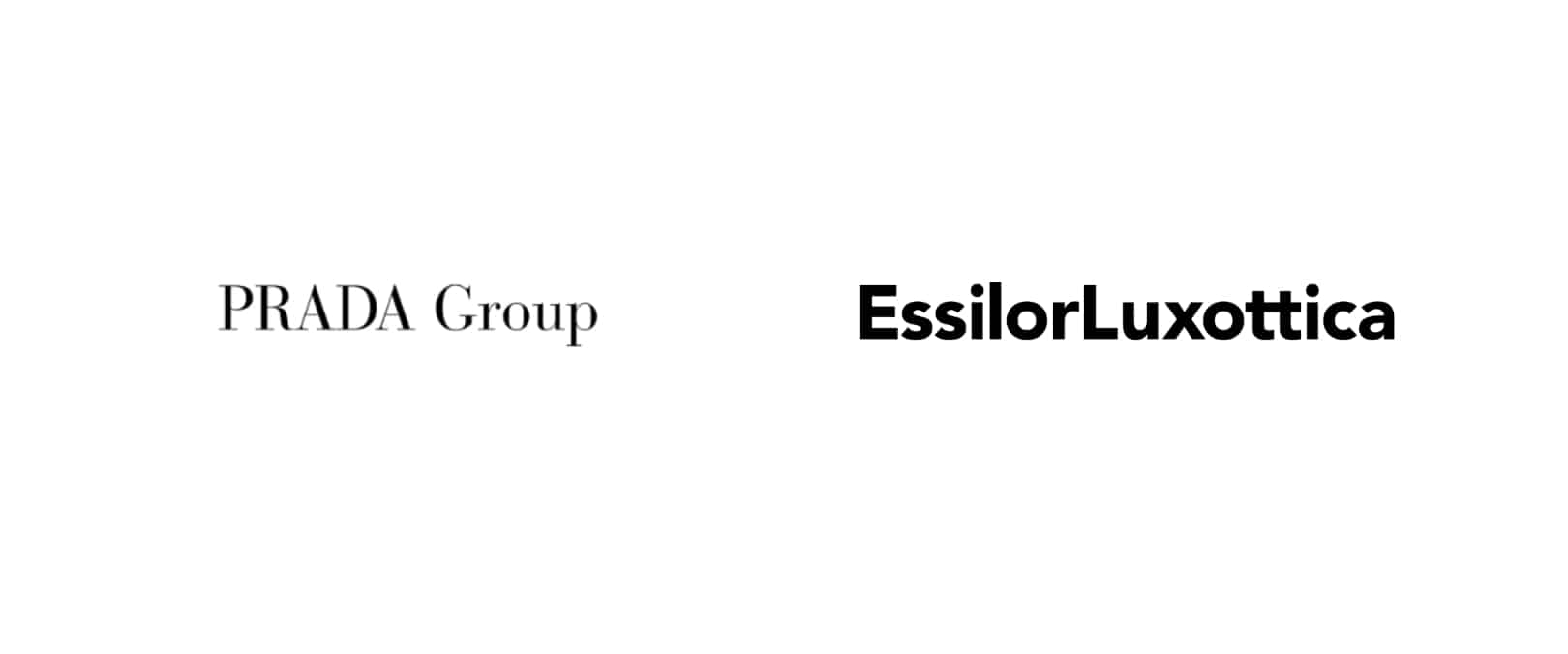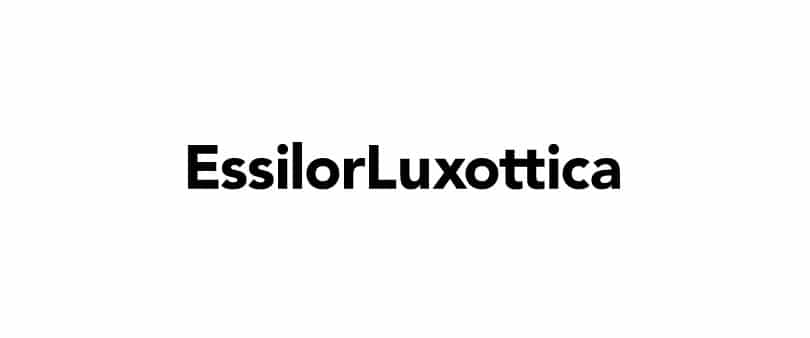NEI Study Finds Omega-3 No Better than Placebo for Dry Eye
Thursday, April 26 2018 | 06 h 49 min | Vision Science
A trial conducted by the Dry Eye Assessment and Management (DREAM) research group found that omega-3 supplements did not outperform the placebo over a period of 12 months.
The trial involved 535 participants who had at least a six-month history of moderate to severe dry eye. 349 participants received a daily dose of 3 grams of omega-3 fatty acids in capsule form, while the remaining 186 participants received an olive oil placebo.1 The results of the study were published in the April 13 edition of the New England Journal of Medicine.
Participants were allowed to continue taking their previous dry eye medications, including artificial tears and anti-inflammatory eyedrops. “Omega-3s are generally used as an add-on therapy. The study results are in the context of this real-world experience of treating symptomatic dry eye patients who request additional treatment,” said study chair for the trial, Penny A. Asbell, M.D., of the Department of Ophthalmology at the Icahn School of Medicine at Mount Sinai in New York City. Fish oil omega-3 supplements are a $200-million a year market in Canada.2
Patient reported symptoms were recorded using the Ocular Surface Disease Index, a 100 point scale that measures dry eye severity. After the 12 month trial period both groups reported significant improvement (13.9 points on average for the omega-3 group and 12.5 points for the placebo group) but the difference between the groups was not considered statistically significant.
“The findings also emphasize the difficulty in judging whether a treatment really helps a particular dry eye patient,” said the leader of the coordinating center for the study, Maureen G. Maguire, Ph.D., of the Department of Ophthalmology at the Perelman School of Medicine at the University of Pennsylvania, Philadelphia. “More than half the people taking placebo reported substantial symptom improvement during the year-long study.”
A majority of the study participants (61% in the omega-3 group and 54% in the placebo group) reported an improvement of ten points or more on the OSDI scale. Standardized tests measuring tear quality and amount and conjunctiva health also did not show significant differences.
“The trial provides the most reliable and generalizable evidence thus far on omega-3 supplementation for dry eye disease,” said Maryann Redford, D.D.S., M.P.H., program officer for clinical research at NEI. “This well-controlled investigation conducted by the independently-led Dry Eye Assessment and Management (DREAM) Research Group shows that omega-3 supplements are no better than placebo for typical patients who suffer from dry eye.”
- https://www.nei.nih.gov/content/omega-3s-fish-oil-supplements-no-better-placebo-dry-eye
- http://www.cbc.ca/news/health/marketplace-fish-oil-omega-3-benefits-safety-1.3326587






